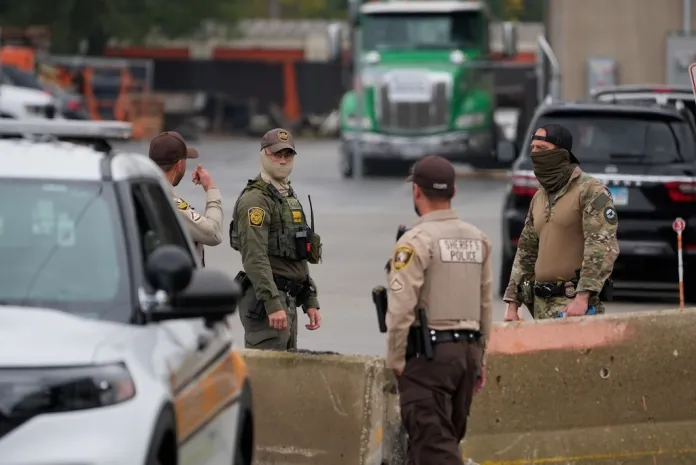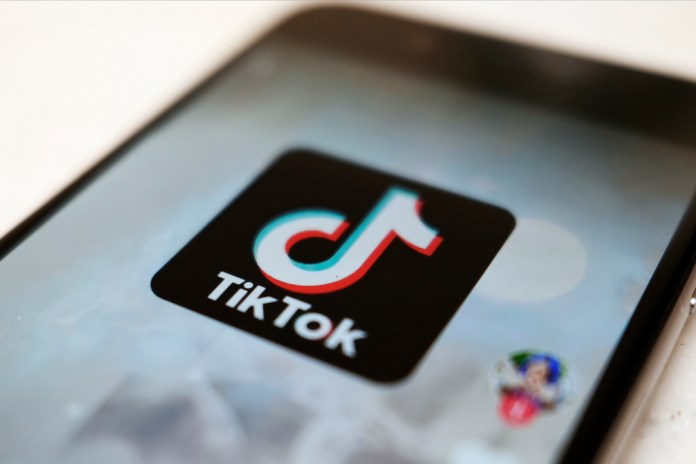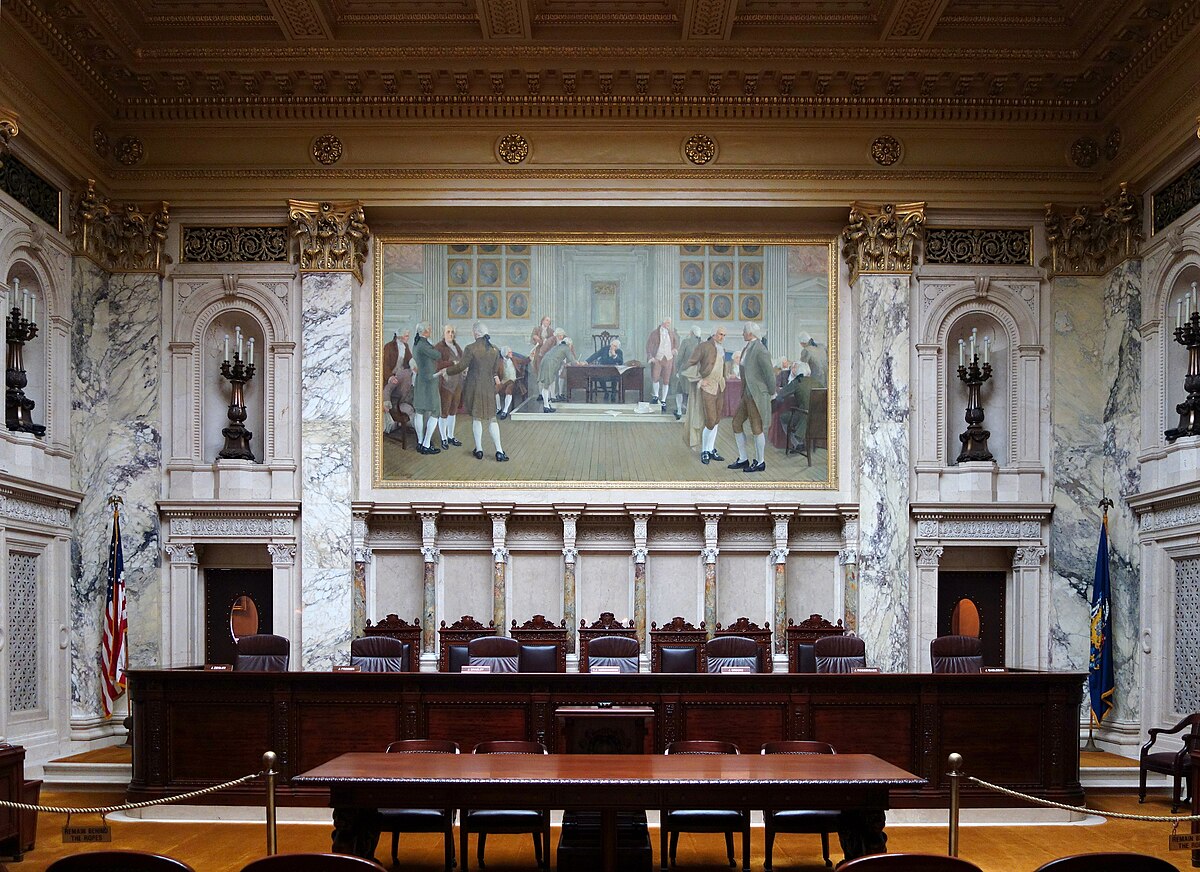Supreme Court upholds TikTok divestment law, teeing up shutdown – Washington Examiner
The Supreme Court has upheld a federal law requiring TikTok to divest from its chinese parent company, ByteDance, or face a shutdown in the United States.In a unanimous decision, the justices ruled that the law does not violate TikTok’s or its users’ first Amendment rights, as it focuses on ByteDance’s ownership and data practices rather than content. This ruling comes just days before a compliance deadline and represents a important victory for the federal government amid rising national security concerns regarding foreign ownership of the app.
Despite this ruling, uncertainty remains about TikTok’s future, as President Biden has reportedly deferred enforcement to President-elect Donald Trump, who may be open to supporting the law. As May 2024,a law has been in place threatening to ban TikTok from U.S. app stores unless ByteDance sells the platform, a move the company has resisted. TikTok claims the law infringes on its First Amendment rights and warns that compliance would eliminate its presence in the U.S. market, impacting its 150 million American users.
Supreme Court upholds TikTok divestment law, teeing up shutdown
The Supreme Court on Friday upheld a federal law requiring TikTok to divest from its Chinese parent company, ByteDance, or face a shutdown in the United States, just days ahead of the deadline.
In a unanimous decision, the justices sided with the federal government, agreeing that the law does not violate TikTok’s or its users’ First Amendment rights. Writing for the majority, Chief Justice John Roberts emphasized that the law targets ByteDance’s ownership and data practices rather than the content posted by TikTok users.
The ruling, issued just before the Jan. 19 deadline for compliance, is a significant win for the federal government in its bid to address national security concerns linked to foreign ownership of the popular social media platform.
However, uncertainty remains over the fate of the app as President Joe Biden reportedly decided at the 11th hour to defer enforcement of the law to President-elect Donald Trump, who has signaled a willingness to save the law.
National security concerns take precedence
In May 2024, Biden signed a law that would ban TikTok from U.S. app stores Sunday if ByteDance did not sell TikTok, which executives have repeatedly said they are not willing to do. For years, lawmakers on Capitol Hill warned of Chinese influence on TikTok and passed its ban with bipartisan support in April.
During oral arguments last week, Roberts, an appointee of former President George W. Bush, said the law was “not a burden” on TikTok and its users’ “expression at all,” arguing Congress never objected to users’ speech on the app but only to a “foreign adversary” collecting information about the app’s users.
Justices Ketanji Brown Jackson and Brett Kavanaugh, appointed by Democratic and Republican presidents, respectively, echoed similar sentiments during oral arguments, questioning whether TikTok’s claims of free speech violations were valid when the app could continue to function under a new owner.
Uncertain future for TikTok
TikTok, which boasts over 150 million U.S. users, argued that the law unlawfully infringes on its First Amendment rights by effectively silencing speech on the platform. The platform’s attorney, Noel Francisco, warned during oral arguments that if the ban takes effect, TikTok would “essentially go dark” in the U.S.
ByteDance has thus far refused to divest TikTok, insisting that the platform is not for sale. However, reports suggest that discussions are happening with possible U.S. buyers. The ruling could pressure ByteDance to reconsider its stance, with some legal experts predicting that the divestment requirement might be the jolt needed to break the deadlock.
Trump administration’s role looms large
The Supreme Court’s ruling leaves open the question of how Trump will approach the law when he takes office on Jan. 20, one day after the divestment deadline.
Trump filed a brief with the high court expressing a neutral standpoint on the law, though he asked for the justices to delay its enactment to allow his administration to work out a resolution that could save the app. He said Tuesday he was willing to “wait and see” what the Supreme Court decided before acting on a plan B for the video-based social media service.
While the justices did not grant Trump’s request to stay the law, the ruling acknowledged the possibility of executive discretion in enforcing the ban. Legal analysts noted that Trump could delay the law’s implementation or negotiate with ByteDance, though such moves could face legal and political hurdles.
What happens next?
If ByteDance does not divest TikTok by Sunday, the platform will become unavailable in the U.S. for a short period. Internet service providers and app stores, including Apple and Google, will be expected to block access to the app under the law, though Biden’s last-minute deferment to Trump on enforcement gives it a chance to remain online.
However, if the app is forced to shut down, users who have the app downloaded to their devices will lose access to updates, rendering the app obsolete over time.
The court’s decision marks a pivotal moment for TikTok and its millions of creators, many of whom have expressed concerns about losing their online followings.
The case also underscores the growing tensions between the U.S. and China over technology and data security, with TikTok caught squarely in the crossfire and more Chinese-based apps that have risen in popularity in recent days as alternatives for so-called “TikTok Refugees” to flock to as the countdown to Jan. 19 draws nearer.
As the divestment deadline looms, all eyes will be on ByteDance and the incoming Trump administration to determine whether TikTok’s U.S. operations can be salvaged — or whether the platform will face an abrupt shutdown.
" Conservative News Daily does not always share or support the views and opinions expressed here; they are just those of the writer."




